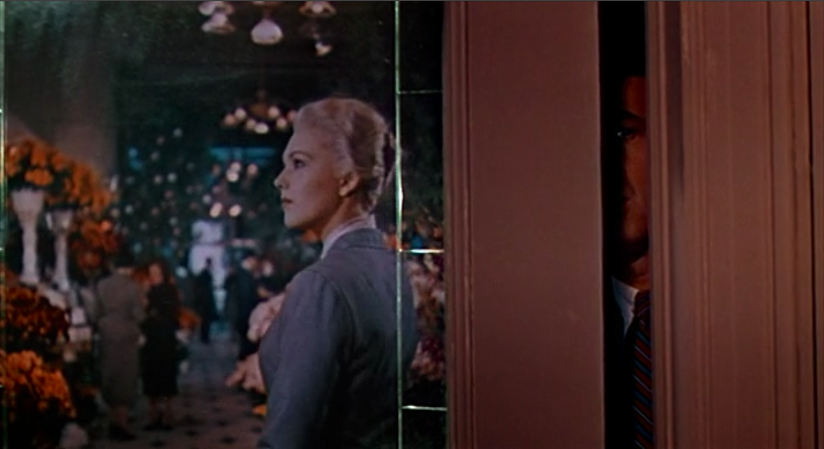Vertigo and How to Steal a Million - Two short reviews (spoiler-free)

Recently I saw these two classic films for the first time: Vertigo (1958) and How to Steal a Million (1966). On the surface, they have really nothing in common, so I thought it would be a fun challenge to compare and contrast them. Vertigo Vertigo is an Alfred Hitchcock film, considered by many reviewers to be his masterpiece. James Stewart plays a retired detective, Scottie Ferguson, who is commissioned by his friend to follow said friend's wife Madeleine (Kim Novak) around San Francisco, to determine if she's become possessed with the spirit of her great-grandmother. Matters become weirder when Scottie finds himself falling head over heels for the chilling but attractive Madeleine, who also seems to have a thing for him. Scottie, unfortunately, suffers from vertigo and a fear of heights, which threaten to jeopardize his task and Madeleine's life. Let me just say I have mixed feelings about Hitchcock films. This is how I'd rank the ones I've se...





